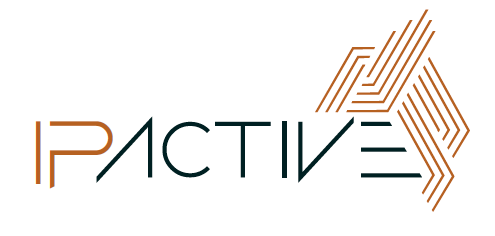Ownership of Intellectual Property
Ownership of the intellectual property of one’s creations, whether it be a photo, a piece of music, new machine or a new process of doing something, can be a critical factor in determining what you can do or, more importantly, cannot do with that creation or innovation.
The initial owner or owners of intellectual property (IP) within an innovation is the author, or the inventor. Determining who the actual author or inventor is may seem simple, but when a number of parties are involved, this can sometimes become difficult to define. Final ownership may also be affected by contractual arrangements that exist between the parties involved.
Your right to ownership
While the right of ownership will automatically lie with you, the creator, it is important that you understand the factors affecting ownership. Asking the following questions will help you think about who finally owns the creation:
Did someone else contribute to the creation: Joint ownership of IP often arises when there is co-development of a creation. To have rights in ownership the co-developers’ contribution does not need to be equal to that of your own contribution. Their contribution does not need to be novel or inventive. The contribution must be something that you did not contemplate or consider and it must lead to an improvement or change to the innovation that would not have occurred if that contribution was not made. Having a friend or colleague help you put your creation together or edit your book will not, in most cases, make them a joint owner.
How was I employed at the time the innovation was created: Who owns your creation will be affected by whether, at the time of creation, you were an employee, a student, acting as a contractor, undertaking a commissioned work or tinkering in your shed for pleasure! As a business owner, the right to ownership will be influenced by things such as if you are the sole proprietor, in a partnership or in a company structure. In the case of a business, how the IP is owned will have implications at the time when a partner comes into or leaves the business or when the business is sold.
Have I protected my creation throughout its development: The capacity to protect your ideas, or creation are easily lost if you publish or show it in public or even have discussions with others, for example to commercialise your product or idea, without a suitable agreement in place. Simple disclosure of one aspect of your idea or invention may place at risk the entire invention. Confidentiality agreements are simple to use and help protect your rights.
Have I used someone else’s products or methods: It is common to see creators using products and/or methods owned by others when developing a new product. If these third party products are not freely available then it is important to access the rights from the owner before progressing with your product. Without obtaining such approval, arguments may arise not only if you are the owner, but also if you can freely produce or sell your creation.
